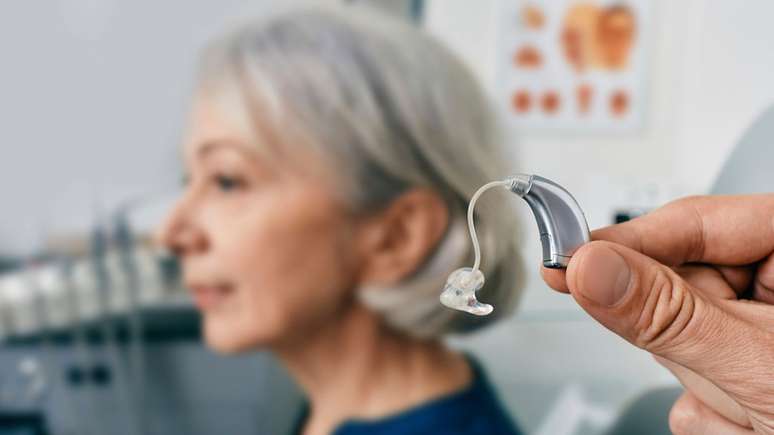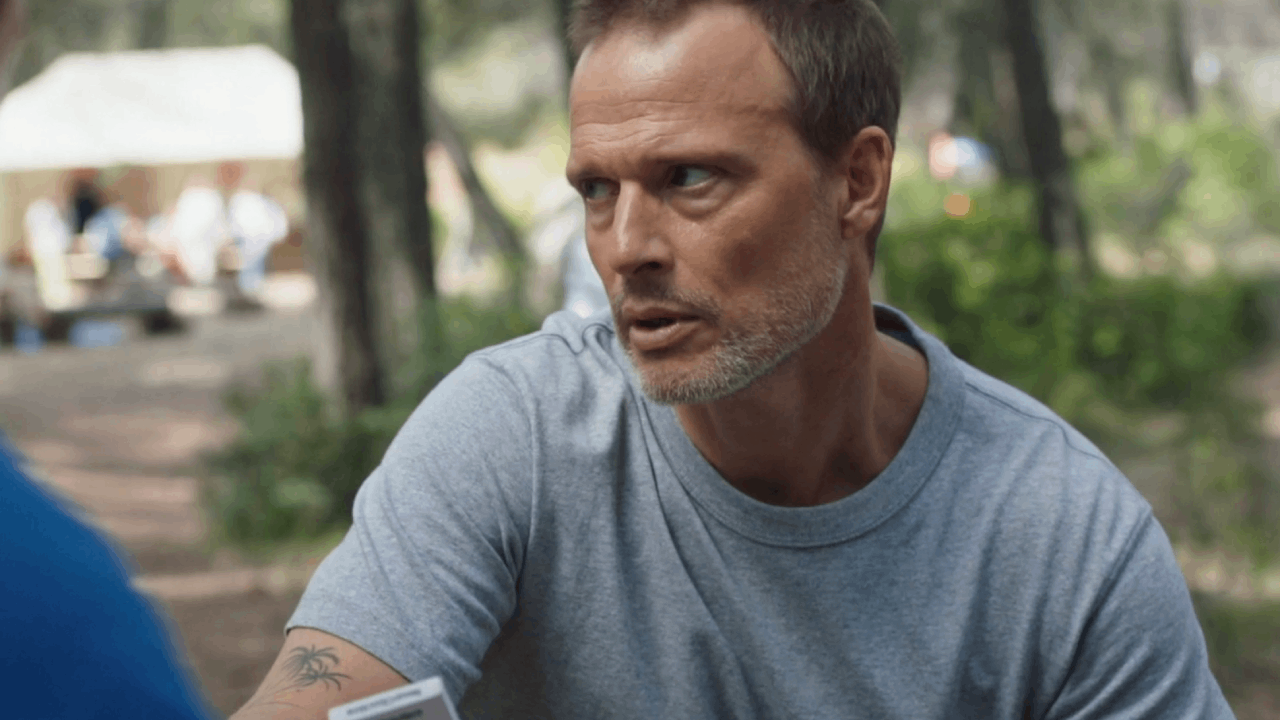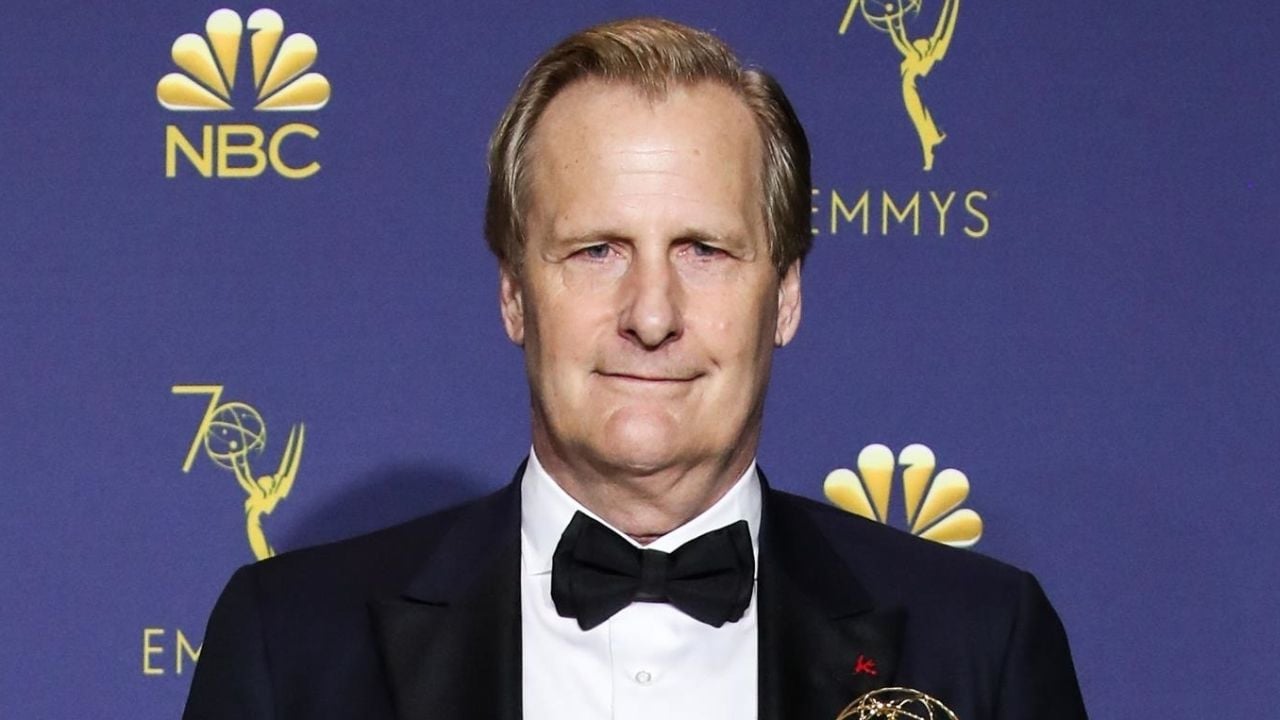Transforming the act of eating into a real break can relieve stress and make us more aware of the signs of satiety.
Many have heard that mealtime should be “sacred.” But in practice, between cell phone notifications and the frenzy of everyday life, this idea ends up not being taken seriously. In this context, the concept of “conscious eating”discussed this Saturday, 13th, during the Health and Wellness Summit promoted by Estadaoproposes a new approach: transforming the act of eating into a real break, an opportunity to exercise your own awareness in relation to the body and what’s on the plate.
Although it seems recent, the practice has its origins in studies conducted since the 1990s, initiated by Professor Jean Kristeller, of Indiana State University, in the United States. One of his research, for example, involved the practice of “mindful eating” with a group of people suffering from obesity and binge eating disorder. The results showed that by focusing on eating without rushing and disconnecting from technology, participants experienced a reduction in binge eating and increased awareness of hunger and satiety.
Since then, studies related to “mindful eating” have expanded beyond this specific approach, promoting a healthier relationship with food, where awareness becomes the main objective. “Today we neglect our moment of… food. ‘Mindful eating’ is a simple invitation to look at yourself, stop for a moment, take that food in your hand, smell its smell, its consistency, and eat it little by little, breathing between one bite and another”, explains nutritionist Cinzia Antonaccio, speaker at the health and well-being summit.
Cinthya is the author, together with nutritionist Manoela Figueiredo, of the book Mindful Eating – Eating with awareness (Amarylis). Published in 2018, it proposes a review of table habits with the aim of giving new meanings and purposes to the relationship with food. To this end, the authors cite a series of steps that can help in this task. Among them are the following tips:
- Disconnect at the table, putting your cell phone and other electronic devices aside
- Take a deep breath and look at the food with a curious eye
- Try to eat at the table and in a comfortable way
- Pay attention to the smell, temperature and texture of the food
- Close your eyes for a few bites, connecting with what’s on your plate
The proposal, according to Antonaccio, is also to redeem a kinder relationship with food, moving away from rigid restrictions and the obsession with perfection which can often cause more harm than good, something strengthened by social media and the promotion of that famous ‘ lifestyle’.
“A very perfect diet is bad, because it comes at the expense of suffering or insecurity. Nowadays people eat what they don’t like, they give up small pleasures in the name of possible weight loss, following imposed standards from a life that is increasingly online and less present”, explains the nutritionist, CEO of the Equilibrium Latam Group.
Connection with food
He underlines that this culture leads to guilt and punishment, generating a “medicalization” of food, in which everything is calculated, from carbohydrates to proteins, and the experience of eating ends up being lost. But for Antonaccio, more important than these calculations is enjoying the moment, establishing a connection with food and understanding the signals of our body.
“We can do food re-education, but it’s important to do it taking into account our personal tastes. Sometimes we go to the nutritionist and he doesn’t ask us, for example, if you’re from Manaus, if you like porridge bananas. And he ends up making you eat banana porridge. ‘oats,” joked the nutritionist.
This bond with food, according to Cinzia, is a saving of our autonomy. And it can help control sugar, diabetes, stress caused by very restrictive diets, and can even make us more attentive to noticing our body’s satiety signals. After all, when we eat without attention, we end up eating on impulse, going beyond what we need. However, he stresses, “mindful eating” should not be seen as a diet.
“It’s not a diet, but a more loving way of seeing food, a way of making peace with food. This can help you lose weight, but above all it’s a way to help you lose weight. Eat more lightly and without guilt. This leads us towards a healthier diet,” Cynthia said. “We can undergo nutritional monitoring, but it has to be a dance and not a fight,” added the specialist.
“Health and Wellness Summit – Has the Future of Health Arrived? It will take place today and tomorrow, the 14th, from 8:00 to 18:30, in the JK Iguatemi Shopping Event Space, in Sao Paulo. To register, go to this link.
Source: Terra
Ben Stock is a lifestyle journalist and author at Gossipify. He writes about topics such as health, wellness, travel, food and home decor. He provides practical advice and inspiration to improve well-being, keeps readers up to date with latest lifestyle news and trends, known for his engaging writing style, in-depth analysis and unique perspectives.









